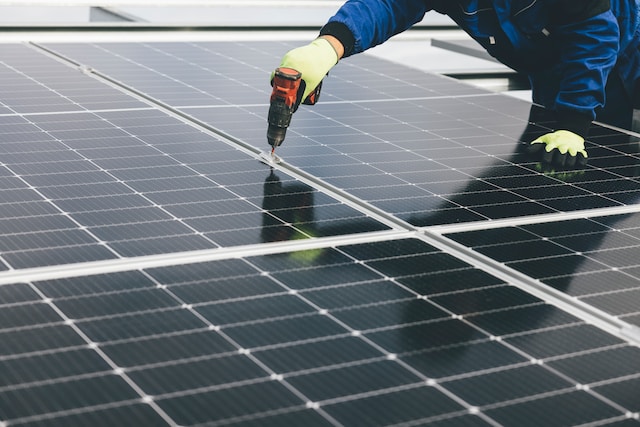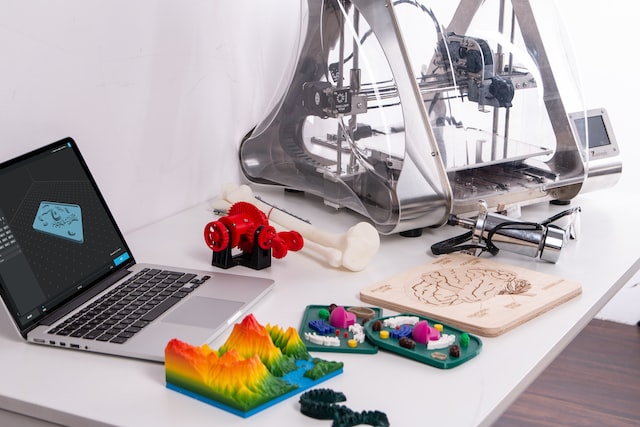If you own a home, you’ve probably been hearing a lot about solar panel installation in Tacoma. You may have heard that solar panels provide many benefits to homeowners and might be interested in learning more about them to decide whether this is a project you would consider. Let’s see what solar panel installations entail.
Some Questions to Ask Before a Solar Panel Installation
You may have doubts about installing solar panels on your roof. This may be because you are concerned that the type of roof you have will not lend itself to the project. You may also want these questions answered before signing on the dotted line.
- How does installing solar panels work?
- Is this something I can install on my own?
- Is it reasonable to expect that the system will generate enough power to make a difference in my electric bill?
- What type of solar system will work considering the size of the home and my energy needs?
- Is there financing available for homeowners who want to switch to solar?
- On average, how long will it take to see a return on my investment?
Discuss these and any other concerns with your solar panel contractor and get peace of mind that you are doing the right thing before the project gets off the ground.
Consider the Pros and Cons of Solar Panel Installations
Before embarking upon the project, it is important to know some of the pros and cons. This way you can be sure you will be making the best decision.
Pros
- Savings on your electrical bills
- Reduction of carbon emissions
- The possibility of generating clean, renewable energy
- Low maintenance
- You will be adding value to your home
Cons
- Installation is likely to be expensive
- You must rely on sunshine to produce electricity
How Do Solar Panels Work?
Solar panels are designed to capture and convert the energy of the sun into power that you can use at home. Any excess energy that is produced can be stored in batteries or fed into the electrical grid. Your utility company may give you credits to your account when this happens.
The majority of solar panels in residential homes are mounted on the roof — although, depending on the size of your lot, you may also want to have them installed in a field or another area you believe gets the most sun during the day.
Although most solar panels measure 3 1/2 by 5 1/2 feet and produce between 250 and 300 watts per hour of sunlight, there are other sizes and power levels available. The panels are installed on a supporting rack, facing the best direction to capture the rays of the sun. As the light strikes them, the electrons in the cells generate direct current electricity, which is then transformed into alternating current, allowing you to use it at home.







